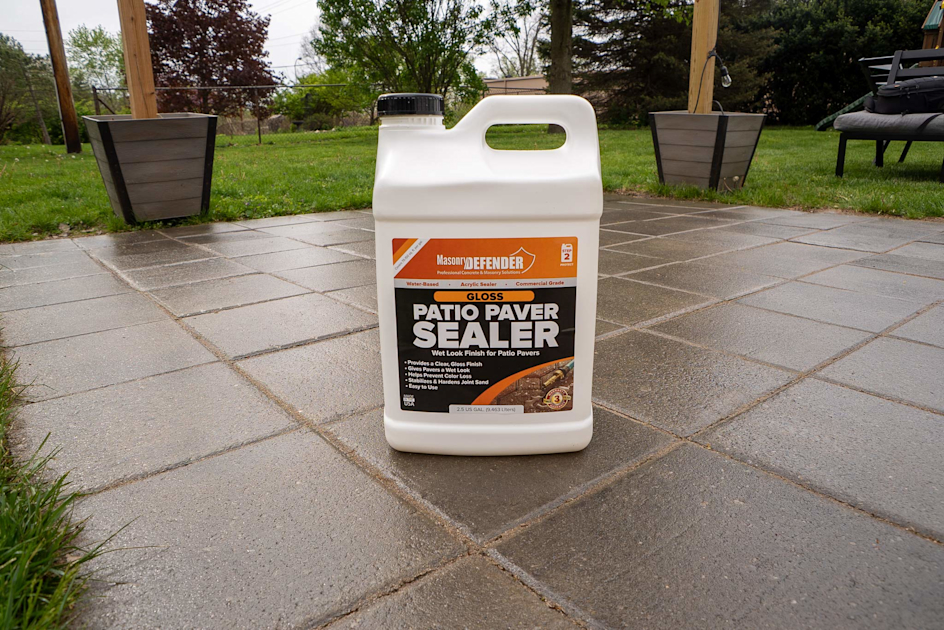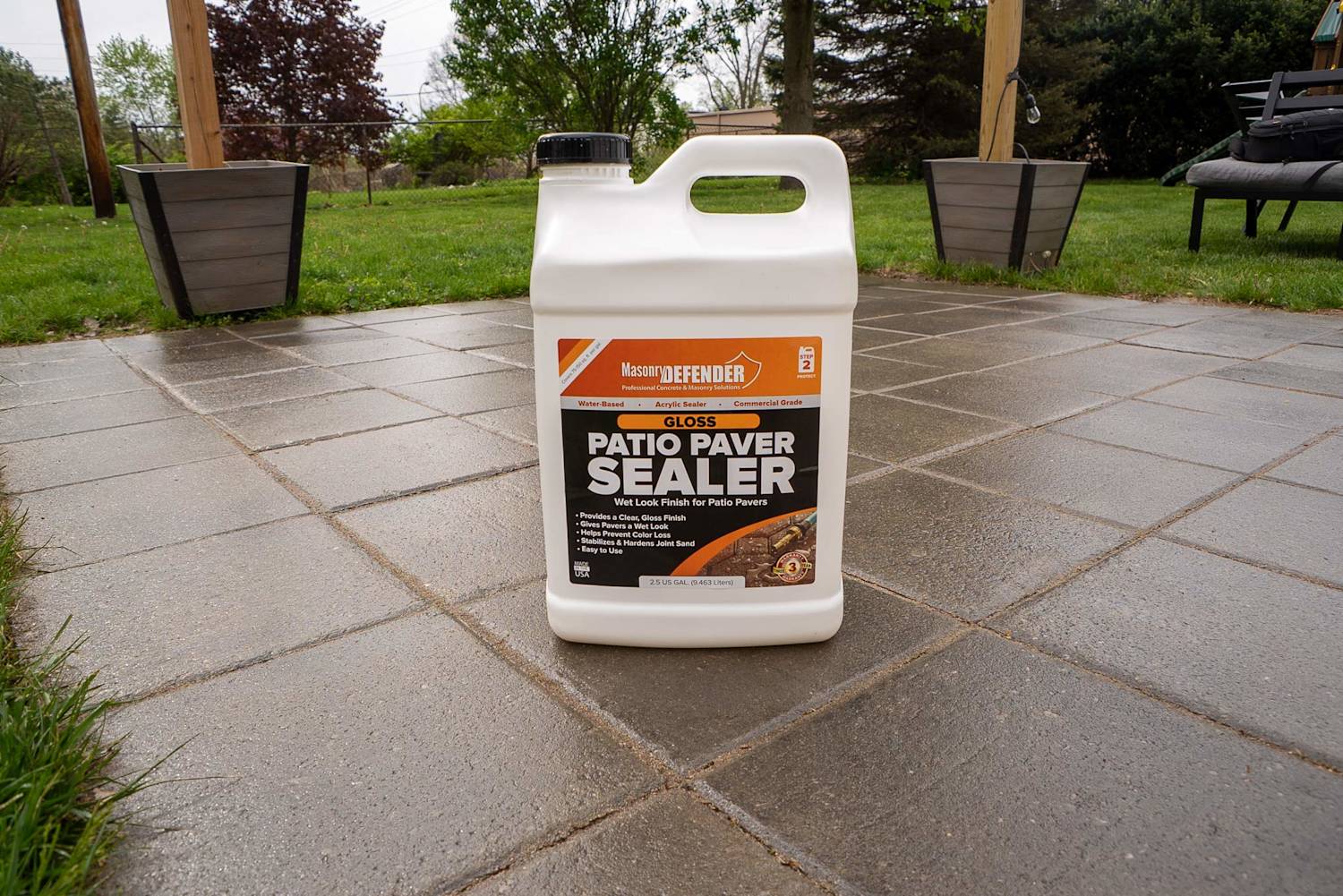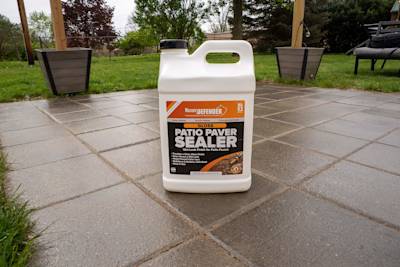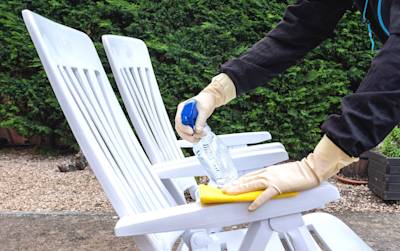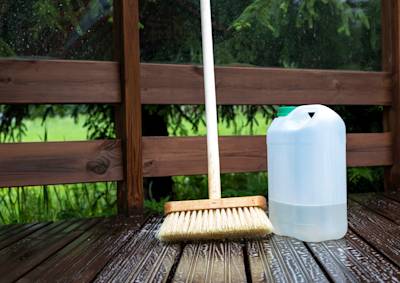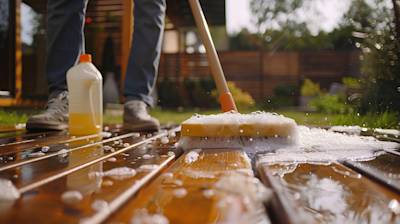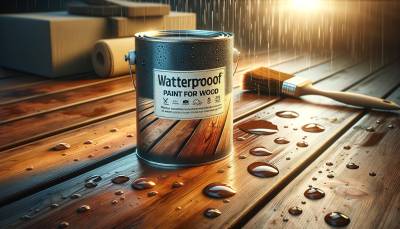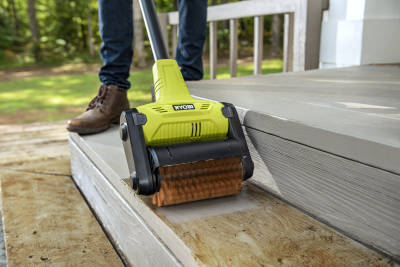Paver sealing might sound like a tedious chore, but in reality, it’s an essential part of property maintenance. From enhancing the appearance of your outdoor floors to prolonging the durability of your pavers, a good sealant has numerous benefits. In this comprehensive guide, we will delve deeper into what paver sealing is, its key benefits, step-by-step procedures, and some practical tips to remember when doing this task.
What is Paver Sealing?
Before we start, let's first clarify what paver sealing is. Paver sealing is the process of applying a protective layer to paved surfaces, like driveways, patios or walkways. This sealant barrier serves to protect the pavers from harmful elements such as UV rays, rain, snow, and oil spills, helping maintain their aesthetics and durability. Depending on the type of paver, there are various sealing options homeowners can choose from:
Acrylic sealer: Best for concrete pavers, this type of sealer penetrates deeply to provide excellent protection.
Penetrating sealer: Ideal for natural stone and clay pavers, penetrating sealer preserves the natural look of the material.
Wet look sealer: This kind of sealer gives the pavers a glossy finish, enhancing their color and texture.
The Benefits of Paver Sealing
One question on most homeowners' minds is "Why seal pavers?" Paver sealing delivers several benefits that make the investment well worth it. Here are some key benefits:
Aesthetic appeal: Sealing enhances the color, texture, and brilliance of your pavers. Whether you choose a matte finish or a glossy look, sealing makes your pavers look cleaner and brighter.
Durability: Pavers, particularly those in high-traffic areas, are prone to wear and tear. A good quality sealant creates a barrier that protects the pavers, enhancing their lifespan.
Maintenance: A sealed surface is easier to clean. Spills, stains, and dirt can be cleaned off much more easily compared to an unsealed surface.
Weed growth prevention: Sealants fill up the joints between the pavers, which restricts weed growth. This in turn reduces the need for regular weed removal.
Protection against the elements: Sealed pavers are shielded from harmful UV rays, reducing the risk of fading. They are also protected against damage from moisture, freeze-thaw cycles, and de-icing salts.
The Process of Paver Sealing
Now that we've highlighted the benefits, let's talk about how to seal pavers. We'll guide you through a step-by-step process to help you understand what the procedure entails:
Step 1: Preparing the Area
Start by clearing the area. Remove any plants, furniture or other objects on the pavers. Follow this by thoroughly cleaning the pavers with a power washer. Any stains or dirt remaining on the pavers can compromise the effectiveness of the sealant.
Step 2: Sanding the Area
Refer to the manufacturer's instructions regarding the need for sanding. If necessary, use a broom to sweep polymeric sand into the joints between the pavers.
Step 3: Applying the Sealant
Once the surface is clean and prepared, it's time to apply the sealant. Either spray, roll or brush the sealant onto the surface. Remember that thin, even layers result in a nicer finish.
Step 4: Let it Dry
Leave the sealant to dry completely. This usually takes around 24 hours. During this time, keep the area clear and avoid walking on the surface.
Tips for Effective Paver Sealing
For an effective and smooth paver sealing process, here are some crucial tips to remember:
The right time: Choose a clear day for sealing pavers, ideally when the temperature is between 50°F (10°C) and 90°F (32°C).
Test before applying: Before you proceed with sealing the entire area, it’s important to test the sealant on a small, inconspicuous area.
Sealer consistency: Maintain consistency while applying the sealer to avoid blotches.
Professional help: If you're uncertain about the process or don't have the time, there's no harm in getting professional help. They have the right tools, and the expertise for a top-notch job.
Frequently Asked Questions about Paver Sealing
Is Paver Sealing Necessary?
While not mandatory, paver sealing offers multiple benefits. It helps maintain the color of your pavers, protects them from UV rays and harsh weather conditions, repels stains, and discourages weed growth. It also enhances the overall look of your outdoor space.
What Types of Sealers Are Used for Paver Sealing?
There's a wide array of sealer choices available for paver sealing. These range from high gloss sealers providing a wet look, to semi-gloss sealers giving a satin sheen, and natural finish sealers that are invisible after application but provide all the protection benefits. The choice of sealer depends on the desired aesthetic and the level of protection necessary for your pavers.
Can I Undertake Paver Sealing Myself?
Yes, paver sealing can be a DIY project if you're comfortable with this type of task. It involves cleaning the pavement thoroughly, allowing it to dry, carrying out any necessary repairs, and applying the sealer. Remember that while the process is relatively straightforward, it may be time-consuming, and you'll need to apply the sealer evenly. If you're not confident, hiring a professional paver sealing service is an excellent option.
How Long Does the Paver Sealing Process Take?
The length of the paver sealing process varies depending on the size of the area to be sealed and whether any repairs need to be made before sealing. Generally, the cleaning and prep work take the majority of the time, often a full day for an average-sized patio. Once the pavers are completely dry, applying the sealer usually only takes a few hours.
What is the Ideal Weather for Paver Sealing?
The best weather for paver sealing is typically a dry, sunny day with temperatures between 50 – 90 degrees Fahrenheit. High humidity, rain, or cold temperatures can interfere with the sealer bonding properly with the pavers.
How Long Do I Have to Wait Before Using My Pavers After Sealing?
It's best to wait 48 hours before walking or driving on sealed pavers. While the surface might feel dry sooner, it takes a couple of days for the sealant to cure fully. If you use the pavers too soon, you risk damaging the sealant, leading to a less effective seal.
How to Prepare Pavers for Sealing?
Preparing for paver sealing involves a thorough cleaning to remove all dirt, oil or stains from the pavers. Any necessary paver repairs such as replacing loose, damaged, or missing pavers should be done at this time. The pavers should be completely dry before applying the sealer.
PROS OF PAVER SEALING
Durability
Increases Paver Lifespan
Paver sealant provides an extra layer of protection to your pavers, effectively increasing their lifespan. It prevents issues like cracking and spalling and offers protection against oil stains, ant hills, and weed growth.
Protection from Weather
Paver sealant shields your pavers from the harmful effects of sun exposure and harsh weather conditions. It waterproofs your stones by creating an impermeable layer that prevents water from seeping into the pores, thereby reducing the risk of retaining moisture and freezing during the winter seasons.
Aesthetics
Enhances Color
Sealing pavers can noticeably enhance their color making your landscape more vibrant. Choosing a high-quality sealing product can result in a satin or gloss finish, giving the illusion of a freshly laid patio or driveway.
Smooth Finish
Sealed pavers provide a smooth finish to your area making it easier to maintain. It helps your outdoors look neat, clean, and more visually appealing.
Maintenance
Easy to Clean
Sealed pavers are easier to clean because they repel oil and other stains. Simply washing sealed pavers with soap and warm water can keep them looking new.
Prevents Weed and Moss Growth
Sealing pavers greatly reduces the gaps in which moss and weeds can grow.
CONS OF PAVER SEALING
Cost and Frequency
Expensive
Paver sealing is an added cost above and beyond the initial paver installation. On top of paying for the pavers themselves and the labor to install them, you’ll also have to pay for the sealant and either the labor to apply it or your own time to do so.
Frequent Reapplication
Depending on the climate and the traffic that your pavers receive, paver sealing may have to be done every 2 to 3 years. Constant reapplication can add up and create another time-consuming chore.
Application
Time-Consuming
Applying sealant to pavers is not a quick and easy task. It requires sufficient drying time before it is safe to tread on, which may disrupt your regular use of the area.
Difficulty in Application
Applying paver sealer requires precision and consistency. Wavering from the recommended best practices may result in an uneven application and unsatisfactory results.
Visual Drawbacks
May Become Slippery
Wet sealed pavers can become incredibly slippery. If pavers are used near a pool, it can pose a safety risk upon exit from the water.
Change in Appearance
Not all sealing products are the same, and some may alter the pavers’ visual appearance. For example, some sealing products may leave a glossy finish that may change the original look of the pavers, especially during rainy conditions.
Flaking
Possible Flaking Over Time
With time, some sealants are likely to flake, resulting in an unattractive mottled appearance. This is especially common for paver sealers that do not allow moisture to escape.
Summary
So, there you have it. Paver sealing isn't just a cherry-on-top sort of task for your paver project. It's key to preserving the beauty, functionality, and durability of your pavers. By providing a protective layer against erosion, stains, and weather damage, it ensures that your pavers last, and save you a ton of money in repairs or replacements down the line.
Let's face it, we all want stunning and durable home exteriors. Paver sealing is the secret weapon in achieving just that. Yes, it might add an extra step to the installation process. But consider the long-term value: an enhanced color depth, a reduction in weed growth and ant hills, and a simplified cleaning process. It's hard to resist such benefits from this preventive measure.
It's clear that paver sealing is an investment worth making. Whether you're a homeowner looking to beautify your patio, a business owner upgrading your storefront, or a contractor aiming to provide top-quality service, sealing pavers will bring nothing but satisfaction. Remember, it's not just about the immediate aesthetic appeal, but the long-term value and peace of mind you get from knowing you've got well-protected and durable pavement.
About Grime Busters
At Grime Busters of Portland, OR, we absolutely love rolling up our sleeves and working hard to scrub away the dirt from your living spaces. We are your neighbors and friends, a local company with a simple aim - to provide reliable, thorough, and efficient cleaning services for all Portlanders. Whether it's your home, office, or commercial premises, you can count on us to get down to business with our eco-friendly and non-toxic cleaning materials. Keeping Portland clean for over a decade, we understand each nook, corner, and cranny this wonderful city hides. We're not just cleaning technicians, we're the Grime Busters!
Tags: paver, sealing, driveway,

